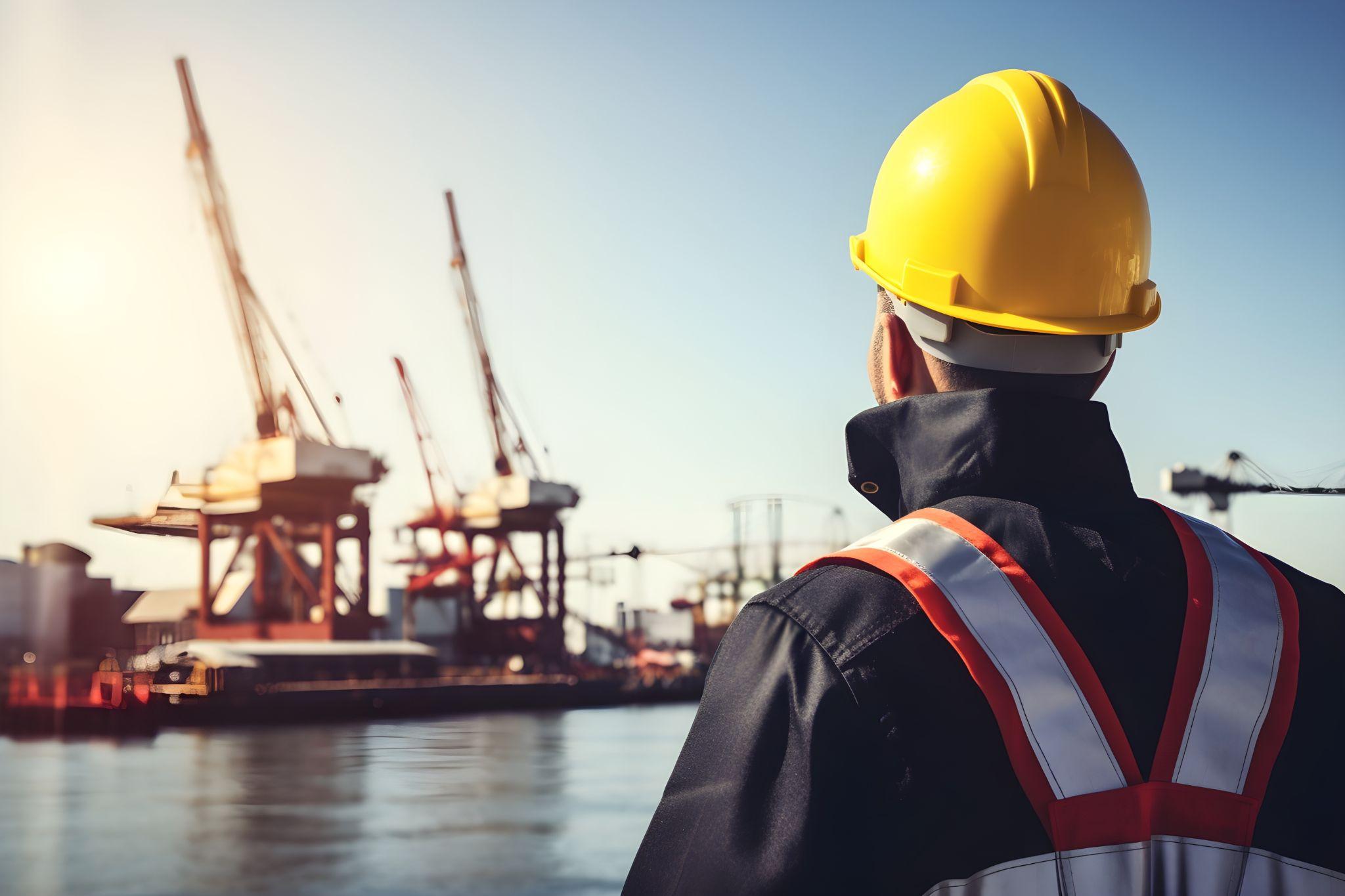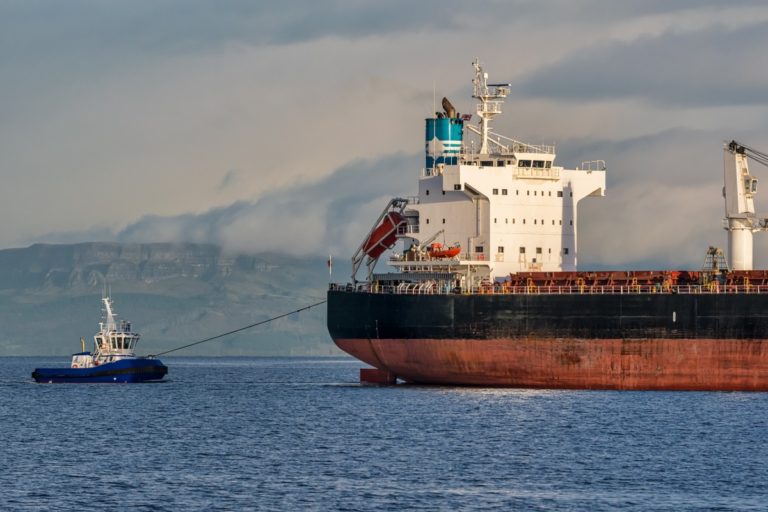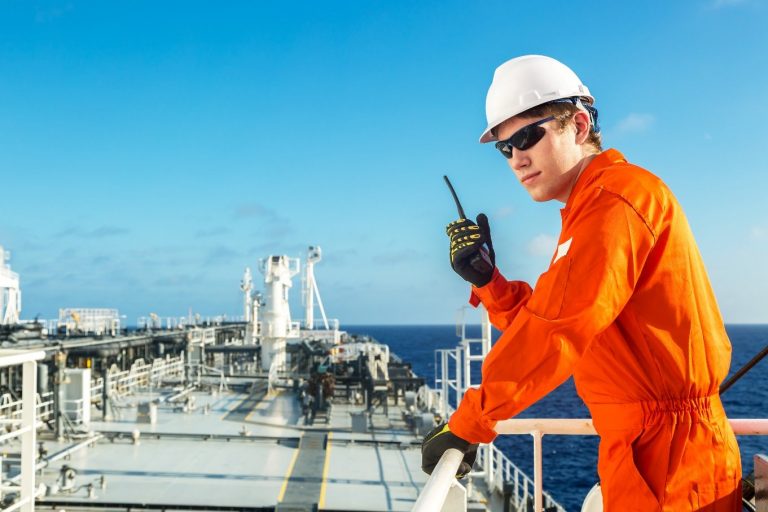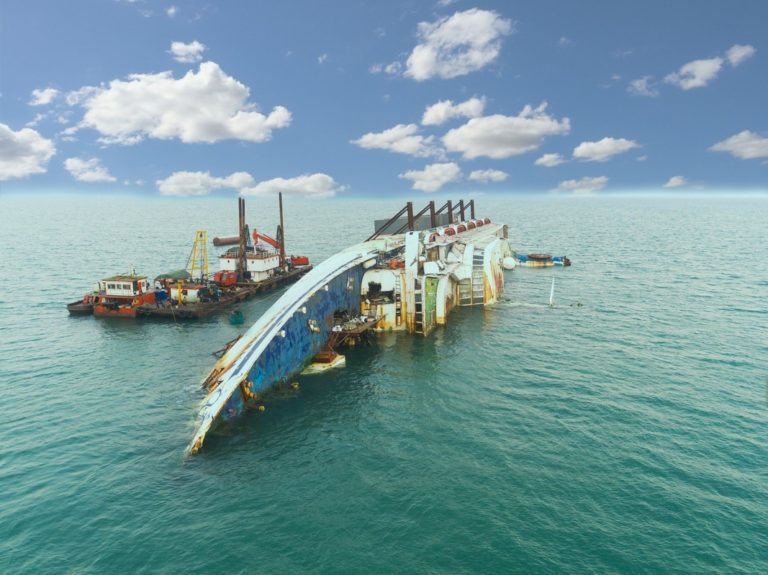According to the premier workplace safety body in the UK, the offshore industry in that country has been so focused on preventing major oil rig disasters like the Piper Alpha disaster, that it has neglected maintenance and repairs of existing platforms and rigs.
According to the Health and Safety Executive, offshore drilling companies should not only be focusing on preventing major disasters, but should also focus on making daily working conditions safer for workers. The Health and Safety Executive was discussing the findings of a report, which showed that several areas in offshore safety could be improved upon, especially the condition of walkways and stairways.
All this focus on preventing major offshore oil disasters has led to oil and gas drilling companies ignoring smaller, but equally dangerous hazards, like unsafe walking areas and staircases. The report considered offshore safety inspections conducted between July 2007 and March 2010. The researchers found that the physical conditions of many of the platforms ranged from good to poor for non-critical elements. In many cases, there were low levels of maintenance and repairs, and plenty of external corrosion. As a result, there were several offshore platforms with dangerous walkways, unstable pipes and other rickety infrastructure that placed workers at the risk of injuries. Moreover, if there was a major disaster like a blowout, this unstable infrastructure could actually increase the risk of fatalities and serious injuries.
There has been plenty of pressure on the oil and gas drilling industry, especially in critical safety elements. Those concerns have exacerbated in the aftermath of the Deepwater Horizon explosion in the Gulf of Mexico earlier this year. As maritime lawyers, we come across more cases of injuries from poorly maintained stairways, walking areas, decks and other infrastructure, than from blowouts.







